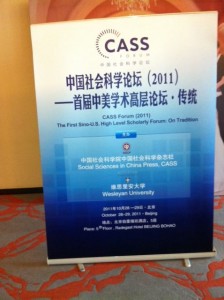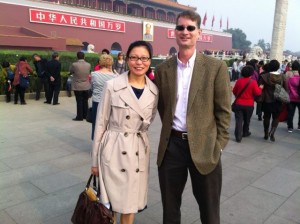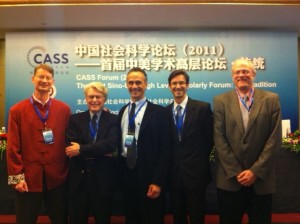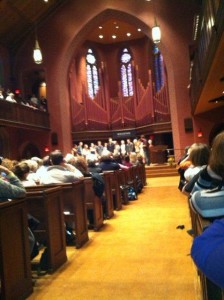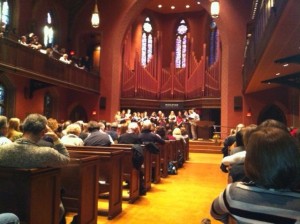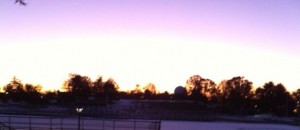Last year the faculty approved a new “certificate” in Social, Cultural, and Critical Theory. The website for the program proudly announces that “the commitment to critical theory evidenced in the scholarship and coursework of the Wesleyan faculty is one of the university’s greatest and most distinctive strengths. The Certificate allows students to identify and leverage these curricular assets.” The number of departments that offer classes that fall under this program is staggering: English and sociology, music and religion, film, history and philosophy — just to name a few.
What are “certificates” anyway? I used to refer to this Wesleyan mode of academic certification as “interdisciplinary minors.” But since we don’t currently have minors at Wesleyan (although the faculty is working on this now), perhaps that’s not the most helpful label. The Educational Policy Committee put it this way in 2010: certificates “organize curricular resources to structure a coherent interdisciplinary course of study independent of established majors.” That’s why the program in Social, Cultural and Critical Theory draws on so many different disciplines. Its “independence of established majors” allows the program to draw on work that examines religious belief or scientific knowledge (Mary-Jane Rubenstein and Joe Rouse, respectively); work that explores health care and ethics (Laura Stark) or diasporic communities (Khachig Tölölyan). All the classes aim at a broad based and critical understanding of how culture and society function (and for whose benefit).
This semester the program has been sponsoring lectures most Wednesday afternoons at 4:30 in Downey House (113). I began the series with a talk on Freud, and there have been discussions of Hegel, Martin Heidegger, Hannah Arendt and Max Weber. No, this isn’t just a German-centric series. Historian Gary Shaw spoke on George Herbert Mead and this week and next the organizers dare to cross the Rhine with lectures from College of Letters faculty members Kari Weil and Ethan Kleinberg. Prof. Weil will be speaking on French feminist philosopher Luce Irigaray, and Prof. Kleinberg will talk about Jacques Derrida. My schedule doesn’t usually allow me to attend the talks, but I’ve been very impressed to hear that more than 50 people each week get together to discuss some of the most important thinkers of modernity and postmodernity. I catch up on some of the talks via the podcasts.
If you are on campus and haven’t attended the lectures yet, there are still two Wednesdays left in the semester! Be there, at least in theory….



